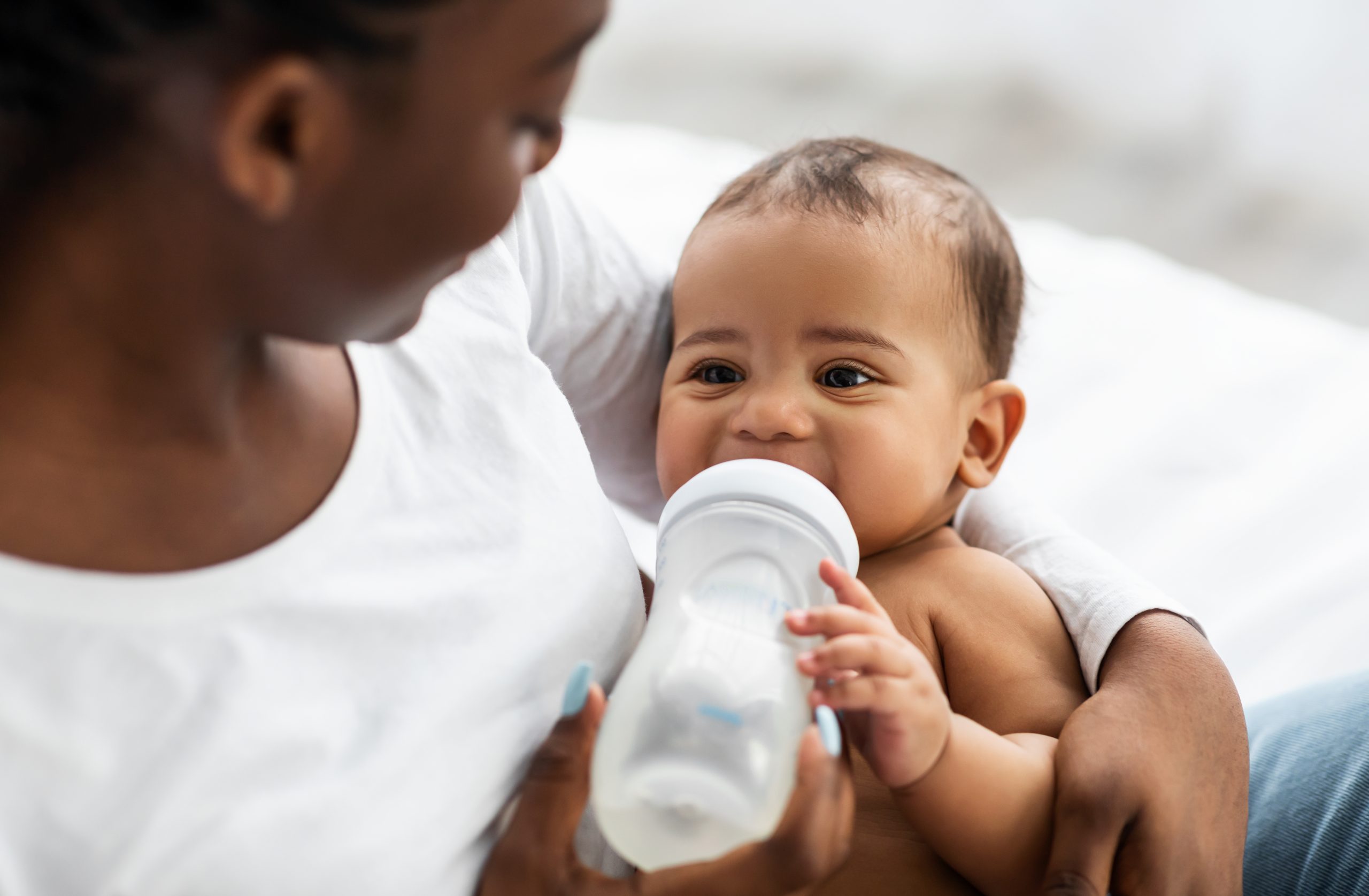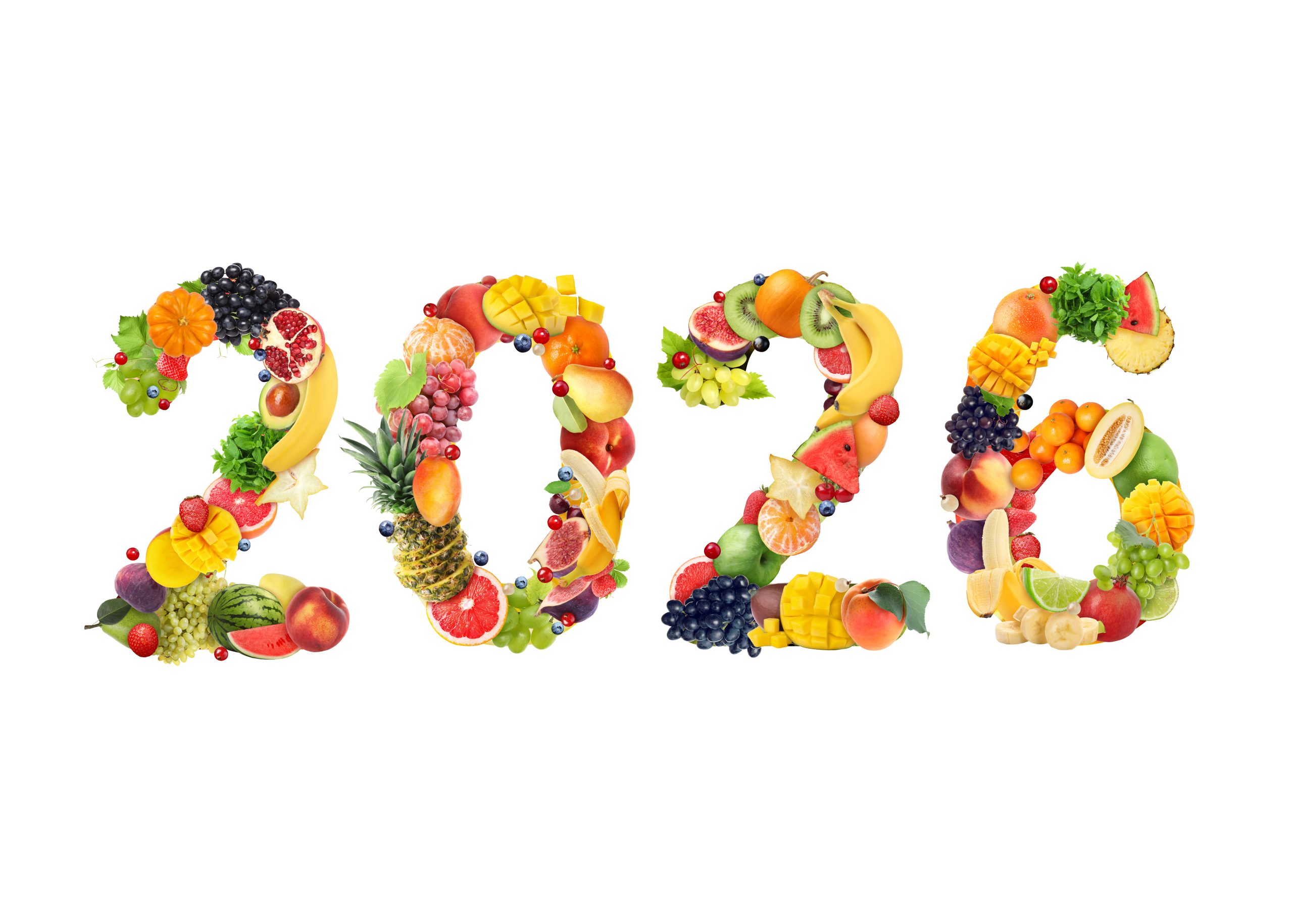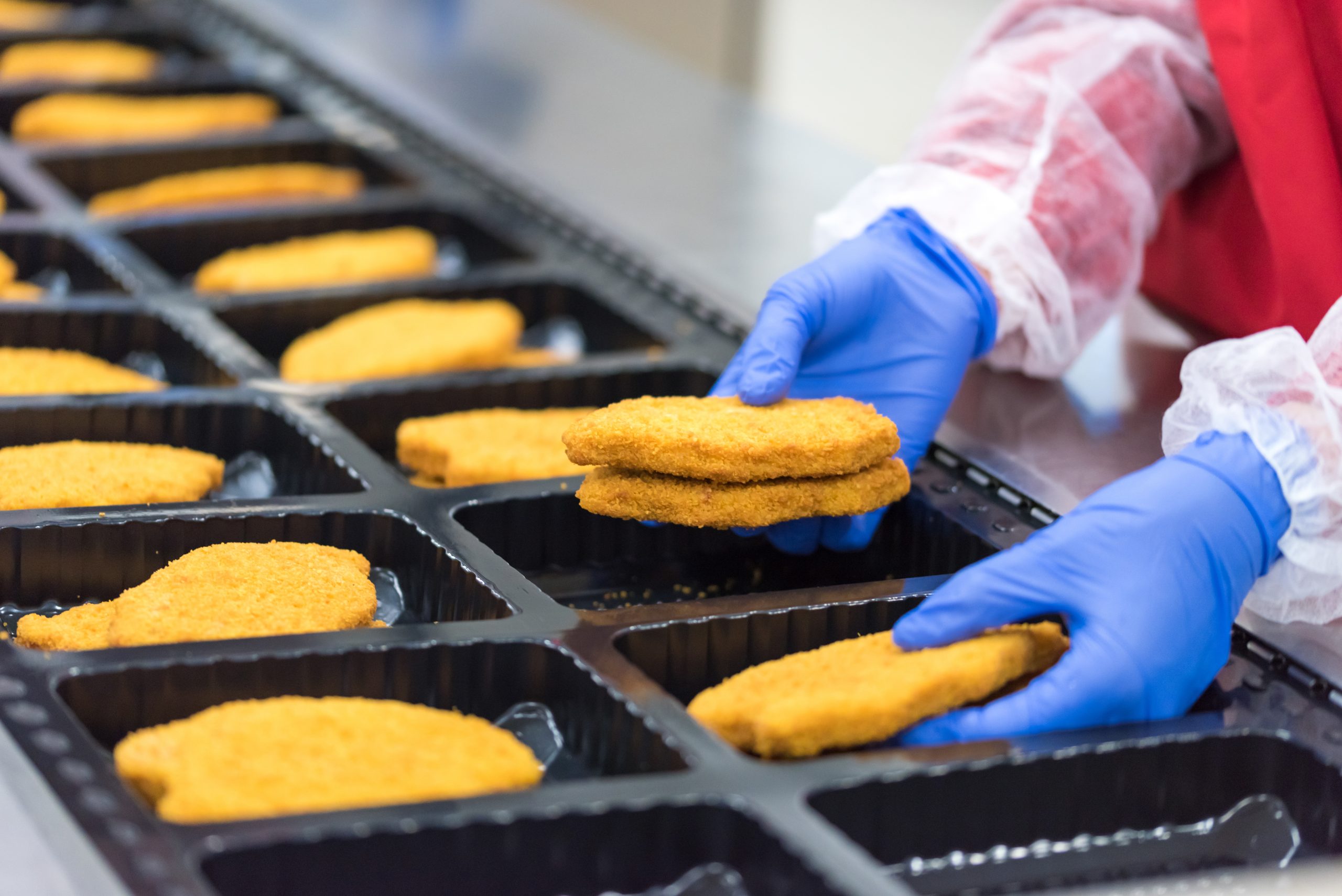Created by the Caffeine Awareness Alliance formed in 2003 to advocate for a caffeine-free industry, this caffeine awareness observance is a good time to spotlight caffeine.
The recent 2020 – 2025 Dietary Guidelines for Americans report makes a few references to caffeine.
These are current recommendations for caffeine: the FDA identifies 400 mg/day as GRAS (generally recognized as safe); there is no established safe amount of caffeine for children/avoid drinks with caffeine for children under 2 years; breastfeeding women pass small amounts to their baby with no adverse effects but it is suggested to get no more than 300 mg/day or 2 to 3 cups depending on the source; and be aware that there is added sugar in sugar-sweetened coffee, soda and sports drinks. How easy is it to find out the caffeine content in foods and drinks? Not very. Most importantly, food labeling of caffeine content is voluntary. Coca-Cola has chosen to include caffeine content on their sodas as well as labeling appropriate sodas ‘caffeine-free.’ Mini-cans of soda means less caffeine content (Different size cans of Coke and caffeine content). Products with caffeine have proliferated including RTD (ready-to-drink) coffees, K-cups (brew pods), cold/nitro brew coffees (Nitro coffee has more caffeine than regular), energy shots and candy (Extreme Sports Jelly Beans has 50 mg of caffeine in 1 serving). Multivitamins/OTC medications also may contain caffeine (One-A-Day Energy multivitamin has 90 mg of caffeine in 1 tablet). Product formulations change which may increase (or decrease) caffeine content and brewing method affects caffeine content. Decaffeinated products may contain small amounts of caffeine. And there are many plant sources of caffeine.
Caffeine’s effects on the body…
Each individual reacts differently to caffeine. Caffeine…an overview.
Tools/resources/info about caffeine content…
Most of us get caffeine by drinking coffee, tea and soda but there are other sources. Find other sources of caffeine, browse drinks, energy drinks, K-cups and more. This sugary drink search includes nutrition info as well as caffeine content. Foods and drink you didn’t know have caffeine includes kombucha tea made with tea depending on the brand; matcha with about 70 mg of caffeine in 1 cup; Yerba mate tea has 85 mg of caffeine in 1 cup. Lastly, liquid energy products may be considered dietary supplements or food and this changes how they are regulated, labeled and formulated.
continue reading
Related Posts
It’s a Busy Time for Nutrition. What’s Happening A current
The New Year is a time to look ahead…for dietary
SNAP benefits may have resumed but Dr. Marion Nestle assesses



